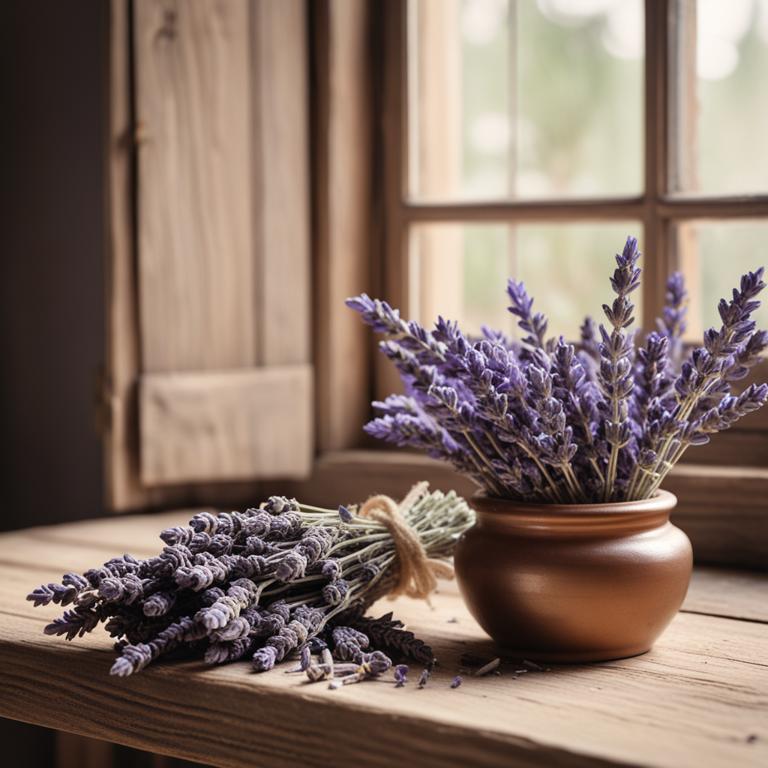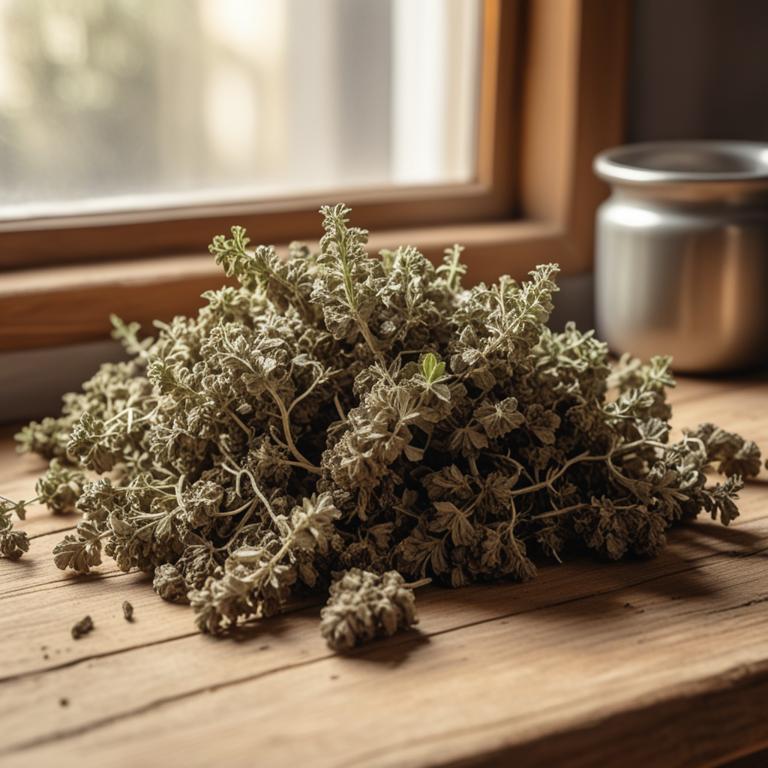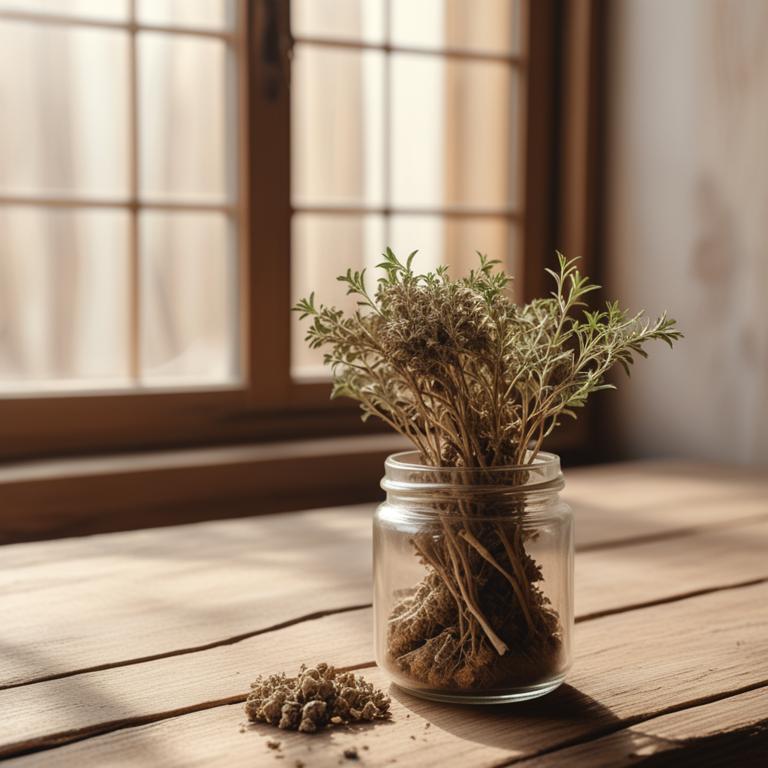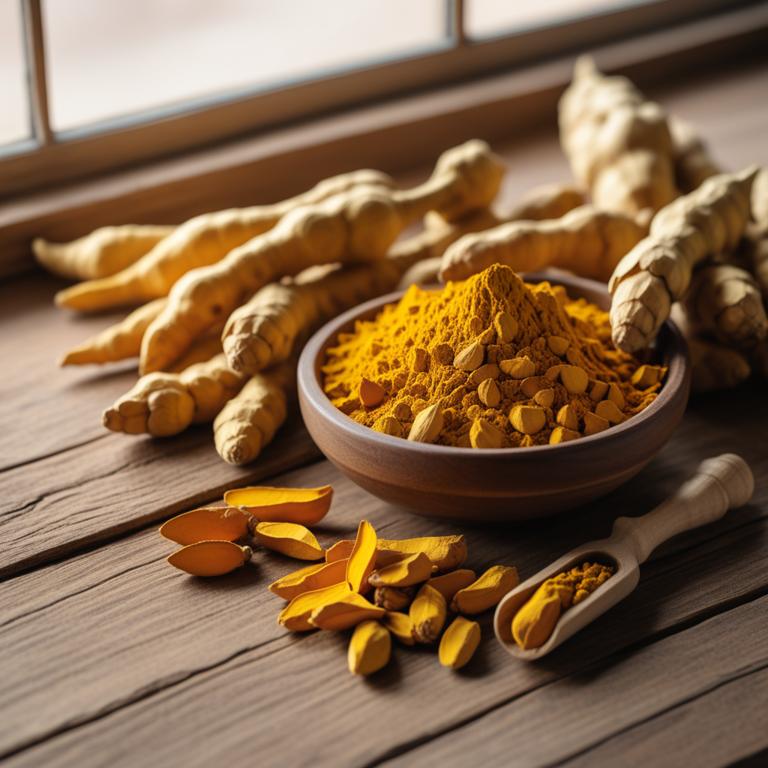Updated: Dec 1, 2024
Anxiety Relief: Exploring Medicinal Herbs and Natural Preparations
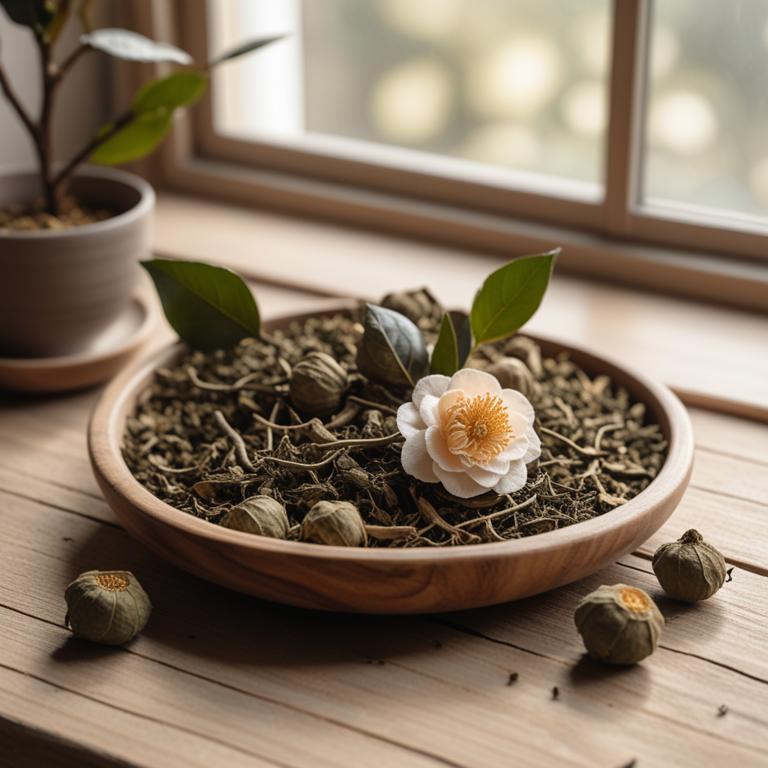
Anxiety is a common condition where you feel worried, nervous, or on edge for no reason.
It can affect your daily life, making it hard to sleep, eat, or concentrate. You might feel like you're constantly "on" and can't relax. Anxiety can be caused by many things, like stress, genetics, or past traumatic experiences. There are many herbal remedies that can help with anxiety. Herbs like passionflower and valerian root have been used for centuries to calm the mind and body. These herbs work by reducing the production of stress hormones and promoting relaxation. You can make teas from these herbs by steeping dried flowers or roots in hot water.
You can also take them in capsule form or add them to a warm bath. Another herb that's often used to calm anxiety is lavender. It has a soothing effect on the nervous system and can help you feel more grounded and peaceful. Some people use lavender essential oil in a diffuser or add a few drops to their bath water to unwind before bed. Chamomile is another herb that's often used to calm anxiety. It has a gentle, soothing effect and can help you feel more relaxed and centered. When using herbal remedies for anxiety, it's a good idea to talk to a healthcare professional first.
They can help you figure out the best course of treatment and make sure you're using the herbs safely.
Table of Contents
What leads to the development of anxiety?
The main causes of anxiety are often complex and interlinked, but some common triggers include work, money, health, and trauma.
At work, a stressful job, long hours, or a difficult boss can lead to anxiety. The pressure to meet deadlines, deal with difficult colleagues, or handle a heavy workload can be overwhelming. Money problems, such as debt, financial insecurity, or unemployment, can also cause significant anxiety. The uncertainty and worry about being able to pay bills or provide for oneself and one's family can be a major source of stress.
Health issues, such as a serious illness or chronic pain, can also cause anxiety. The fear of not being able to manage one's health or the uncertainty of a diagnosis can be a significant source of worry. Trauma, whether it's a past experience or a current situation, can also cause anxiety. This can include events like physical or emotional abuse, a natural disaster, or a serious accident.
The memory of the traumatic event can stay with a person and cause them to feel on edge or constantly "on high alert," even when there's no immediate danger.
What are the perks of using herbs to manage anxiety?
Using herbs for anxiety can be really helpful.
One main benefit is that they're a natural way to calm your mind and body. They can help reduce feelings of worry and fear, making it easier to fall asleep and stay asleep.
Many herbs also have anti-inflammatory properties, which can help reduce physical tension and pain that often comes with anxiety. Some herbs can even help regulate your mood and emotions, making it easier to feel calm and centered. Additionally, using herbs for anxiety can be a more gentle and less invasive approach than medication, which can have side effects and interact with other health conditions.
Many people also appreciate that herbs can be used in a variety of ways, such as teas, tinctures, and topical creams, so you can choose the method that works best for you.
What are the primary herbal treatments for anxiety disorders?
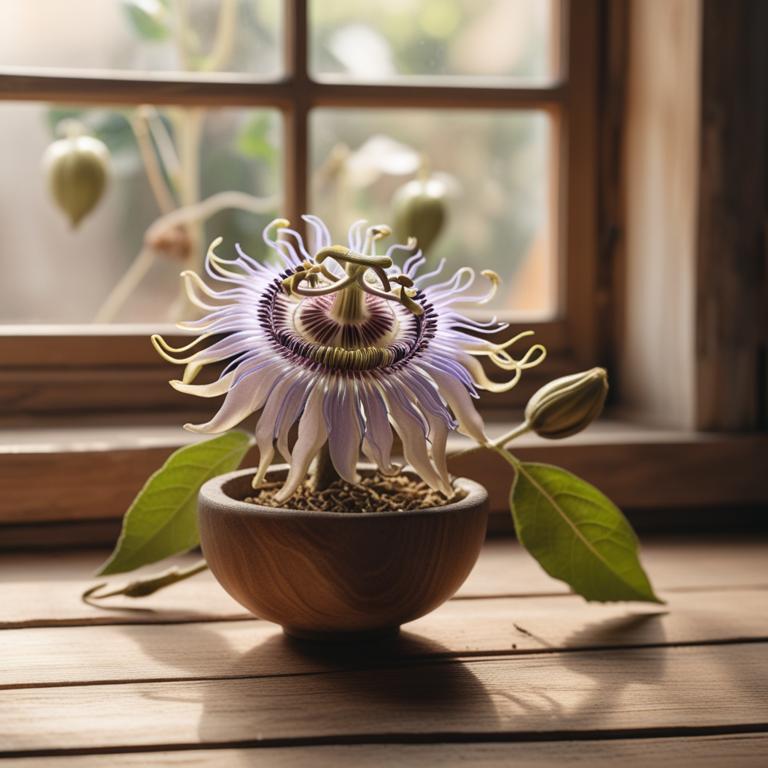
Herbs have been used for centuries to help with anxiety, and for good reason.
Passiflora incarnata, also known as passionflower, is a natural sedative that can calm nervousness and promote relaxation. It contains compounds that work on the brain to reduce anxiety symptoms and promote better sleep. Valeriana officinalis, or valerian root, is another herb that's been used to help with anxiety. It's known for its ability to calm the nervous system and promote relaxation, making it easier to fall asleep and stay asleep. Valerian root has a sedative effect without causing drowsiness during the day. Lavandula angustifolia, or lavender, is a popular herb used to reduce anxiety and stress. The scent of lavender has a calming effect on the brain, reducing feelings of anxiety and promoting relaxation.
It's often used in aromatherapy to help people calm down and feel more centered. Avena sativa, or oat straw, is another herb that's been used to help with anxiety. It contains compounds that work on the brain to reduce anxiety symptoms and promote relaxation. Oat straw is also known to improve sleep quality and reduce stress. Zingiber officinale, or ginger, may not be the first herb that comes to mind when thinking of anxiety relief, but it's actually quite effective. Ginger has anti-inflammatory properties that can help reduce anxiety symptoms and promote relaxation. It's also known to improve digestion and reduce nausea, which can be symptoms of anxiety.
These herbs work in different ways to help with anxiety, but they all share a common goal: to promote relaxation and reduce anxiety symptoms.
Which herbal remedies are the most popular for anxiety?
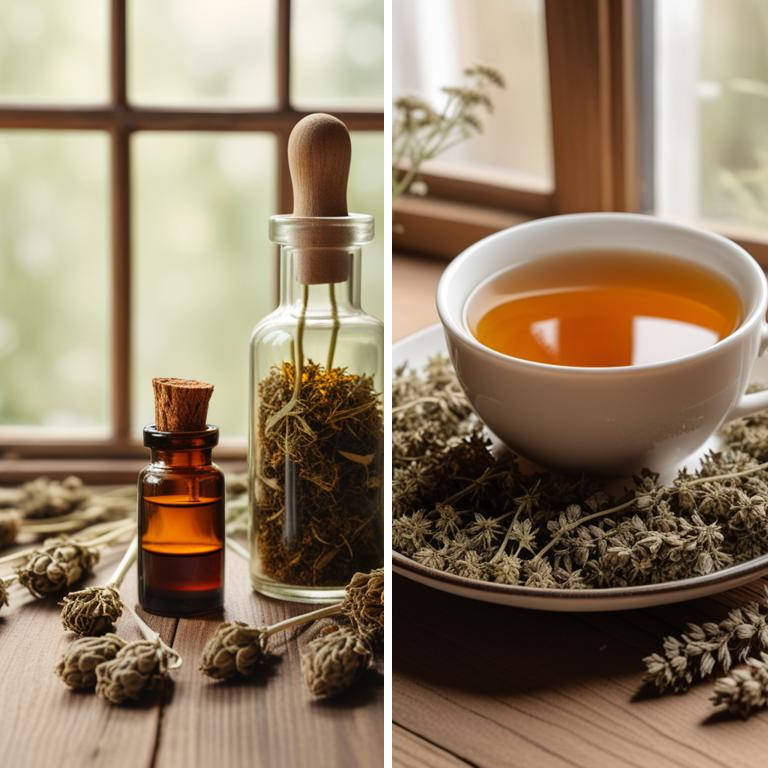
Herbal preparations can be really helpful for people who struggle with anxiety.
A decoction is a strong liquid made by boiling herbs in water. It's often used for herbs that are hard to digest, like roots and bark. Decoctions can be calming and soothing, which is great for anxiety. A tincture is a concentrated liquid made by soaking herbs in a solvent like alcohol or glycerin. It's easy to take and can be added to water or taken straight. Tinctures can be really effective for anxiety because they quickly absorb into the body and start working. Some tinctures, like those made from valerian or passionflower, have been used for centuries to calm the mind and body. Herbal teas are a popular way to enjoy herbs, and they can be really helpful for anxiety too.
When you make a tea, the delicate parts of the herb, like the leaves and flowers, infuse into the water, creating a gentle and soothing brew. Teas like chamomile and lavender are known for their calming effects and can be a great way to unwind before bed. An infusion is similar to a tea, but it's made with delicate herbs like leaves and flowers in cold water. It's a great way to make a flavorful and refreshing drink that can help calm your nerves. Infusions are often used with herbs like lemon balm and peppermint, which can be really uplifting and soothing. Finally, a salve is a topical preparation made from herbs and oils that can be applied directly to the skin. While it may not directly address anxiety, it can be really helpful in reducing stress and promoting relaxation. Salves can be made with herbs like lavender and chamomile, which have a calming effect on the body and mind.
They can also be used to soothe tense muscles and promote better sleep, which is essential for managing anxiety.
Additional Resources:
Which herbs are potentially problematic for individuals with anxiety?
If you have anxiety, it's best to be cautious when using certain herbs.
Ephedra sinica, also known as Chinese ephedra, contains a stimulant that can increase heart rate and blood pressure, making anxiety worse. This can be especially problematic if you're already feeling overwhelmed.
Catha edulis, or khat, is another herb that can exacerbate anxiety due to its ability to release stress hormones in the body. Ginkgo biloba, while often used to improve memory and concentration, can have the opposite effect on people with anxiety, as it can increase alertness and make it harder to relax. Pausinystalia johimbe, a plant that's commonly used to boost energy, can also worsen anxiety symptoms by stimulating the body's 'fight or flight' response.
Panax ginseng, often used to improve mental clarity, can have a similar effect on people with anxiety, making it more difficult to calm down.
FAQ
Are there any specific herbs that can prevent anxiety?
Some herbs like ashwagandha and lavender are believed to help with anxiety.
Ashwagandha is thought to reduce stress hormones, while lavender is known for its calming effects.
These herbs may help people feel more relaxed and centered, but it's not clear how well they work for everyone.
Is it safe to use herbal remedies for anxiety during pregnancy?
It's generally recommended to be cautious when using herbal remedies for anxiety during pregnancy.
Some herbs can stimulate the uterus or interact with medications, potentially causing problems.
If you're considering using herbal remedies, look for products that have been tested for safety and purity, and follow the recommended dosage carefully.
Are there any herbs that can reduce the frequency of anxiety?
Some herbs that may help reduce anxiety are lavender and passionflower.
Lavender is known to promote relaxation, while passionflower has a calming effect on the nervous system.
Consuming these herbs in tea or supplement form may help alleviate anxiety symptoms, but their effectiveness can vary from person to person.
Can i combine different herbal remedies for anxiety?
You can combine different herbal remedies for anxiety, but be careful with the amounts.
Mixing herbs like chamomile and lavender can create a calming effect. However, too much of certain herbs can make you feel drowsy or lightheaded.
Start with small amounts and adjust as needed to find a balance that works for you.
Related Articles
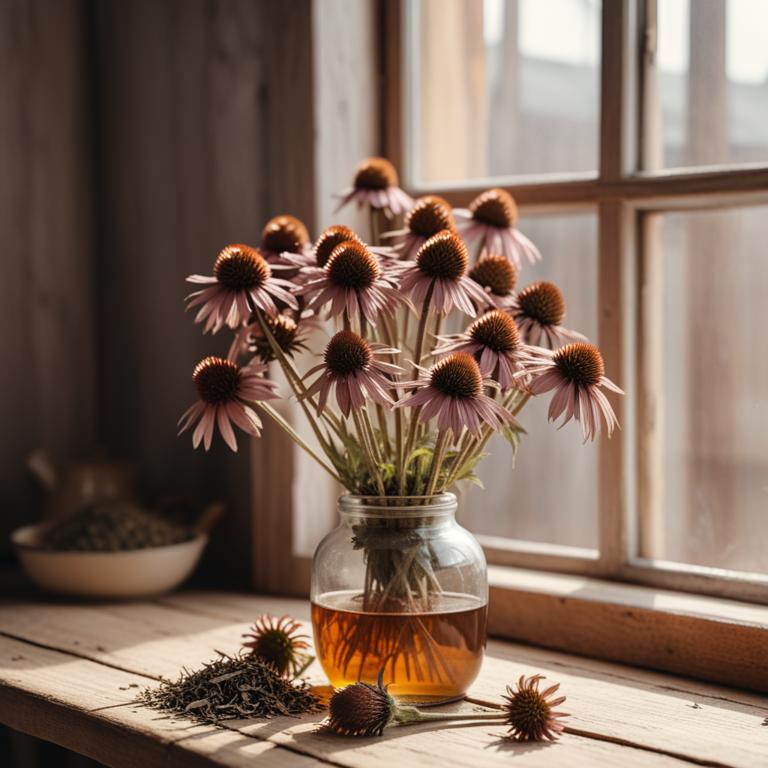
Dry Mouth Remedies: Causes and Natural Treatments
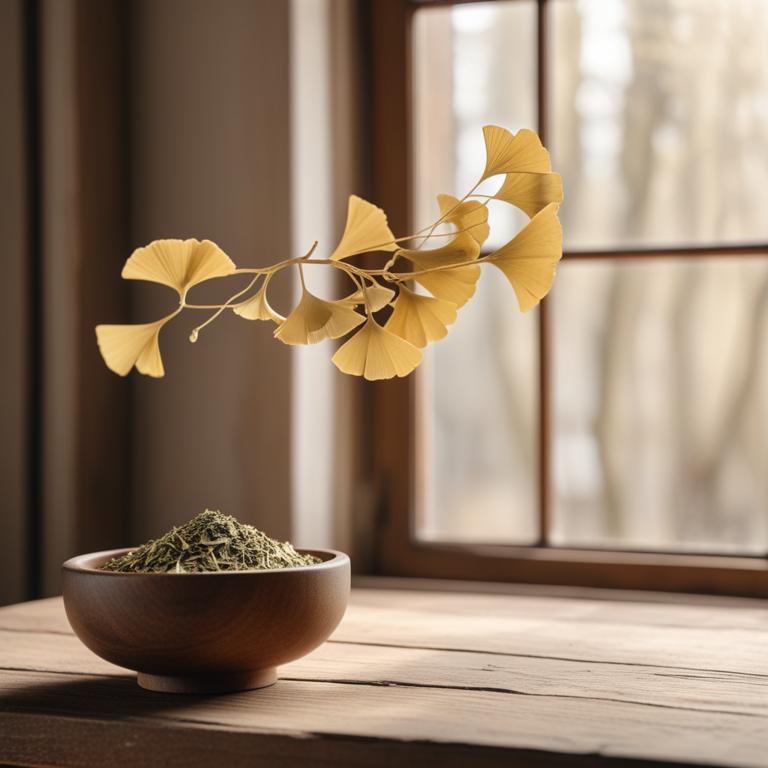
Overcoming Numbness in Hands with Medicinal Herbs and Herbal Preparations
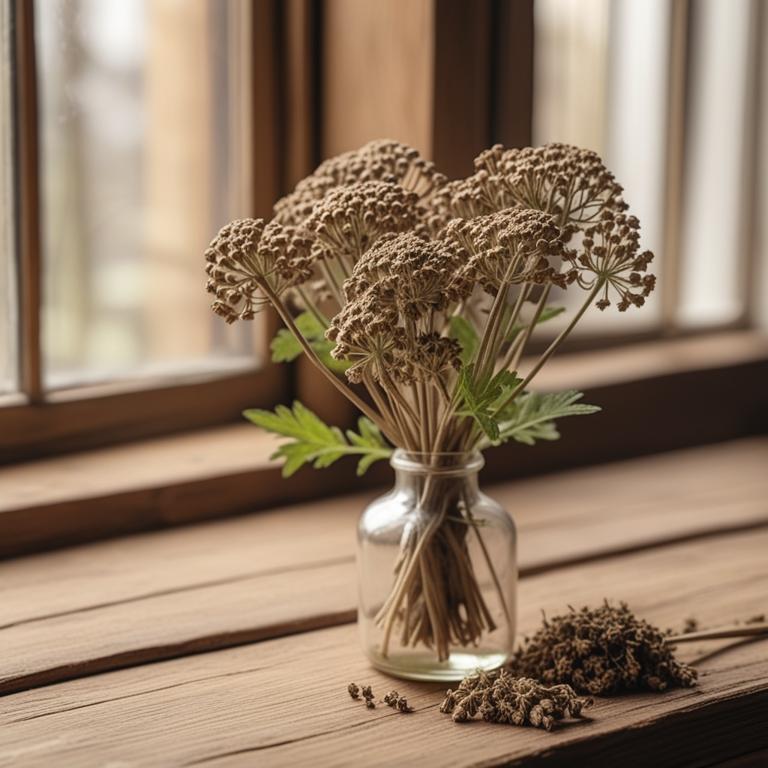
Causes and Cures for Jet Lag Using Herbal Preparations
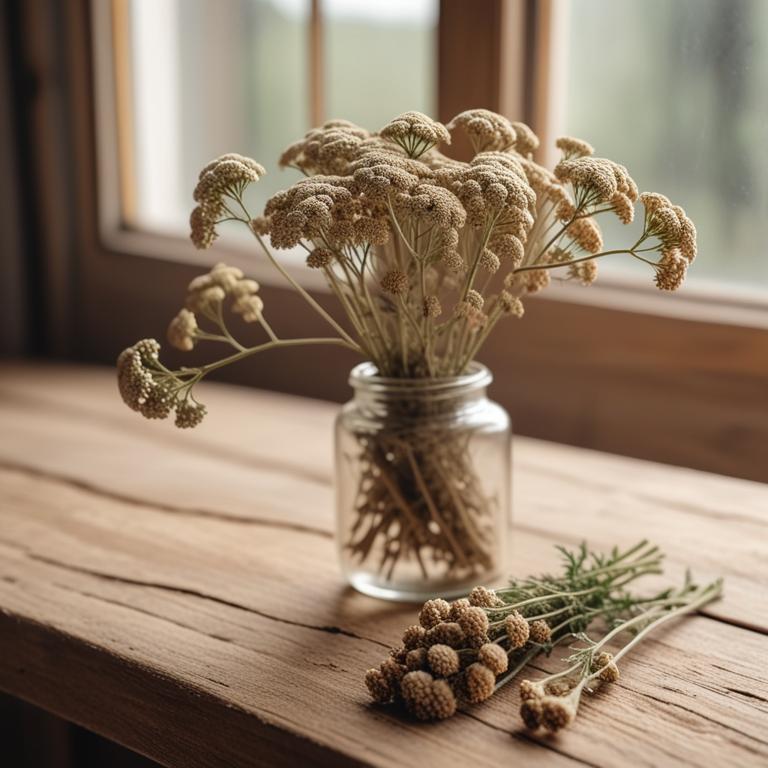
Herbal Solutions for Eye Strain: Causes, Prevention, and Cure
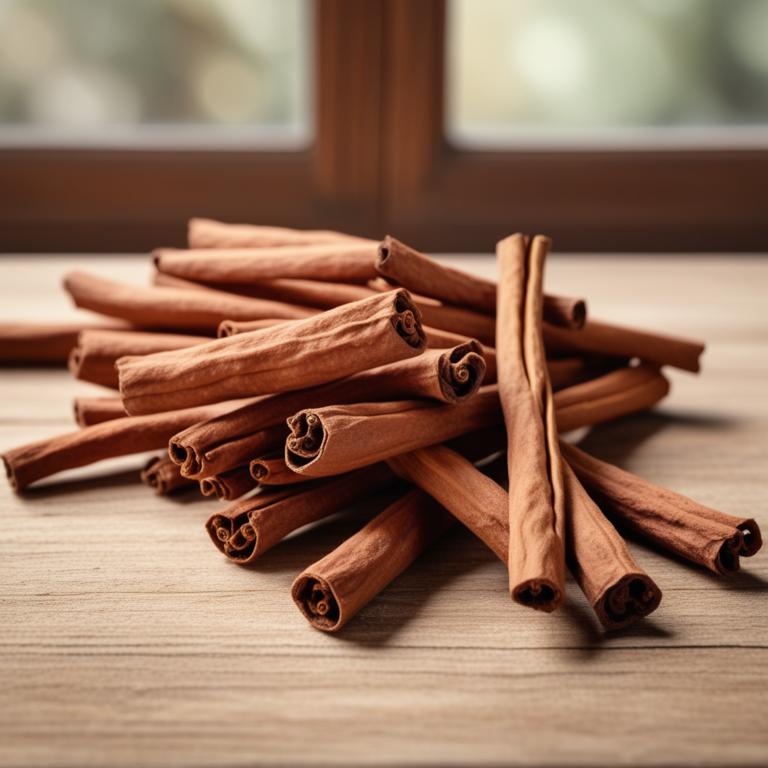
Breaking the Cycle of Bad Taste with Medicinal Herbs and Herbal Preparations
